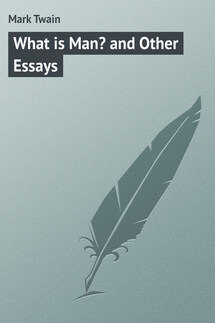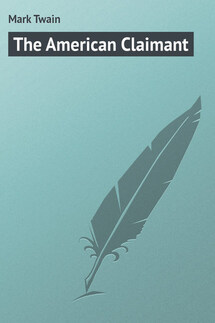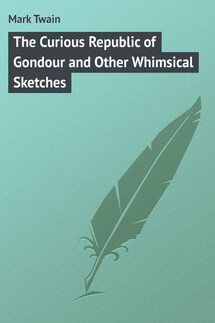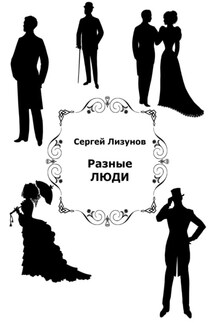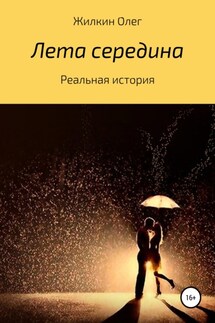What is Man? and Other Essays - страница 5
Y.M. A minute ago you said Hamilton fought that duel to get PUBLIC approval.
O.M. I did. By refusing to fight the duel he would have secured his family's approval and a large share of his own; but the public approval was more valuable in his eyes than all other approvals put together – in the earth or above it; to secure that would furnish him the MOST comfort of mind, the most SELF-approval; so he sacrificed all other values to get it.
Y.M. Some noble souls have refused to fight duels, and have manfully braved the public contempt.
O.M. They acted ACCORDING TO THEIR MAKE. They valued their principles and the approval of their families ABOVE the public approval. They took the thing they valued MOST and let the rest go. They took what would give them the LARGEST share of PERSONAL CONTENTMENT AND APPROVAL – a man ALWAYS does. Public opinion cannot force that kind of men to go to the wars. When they go it is for other reasons. Other spirit-contenting reasons.
Y.M. Always spirit-contenting reasons?
O.M. There are no others.
Y.M. When a man sacrifices his life to save a little child from a burning building, what do you call that?
O.M. When he does it, it is the law of HIS make. HE can't bear to see the child in that peril (a man of a different make COULD), and so he tries to save the child, and loses his life. But he has got what he was after – HIS OWN APPROVAL.
Y.M. What do you call Love, Hate, Charity, Revenge, Humanity, Magnanimity, Forgiveness?
O.M. Different results of the one Master Impulse: the necessity of securing one's self approval. They wear diverse clothes and are subject to diverse moods, but in whatsoever ways they masquerade they are the SAME PERSON all the time. To change the figure, the COMPULSION that moves a man – and there is but the one – is the necessity of securing the contentment of his own spirit. When it stops, the man is dead.
Y.M. That is foolishness. Love—
O.M. Why, love is that impulse, that law, in its most uncompromising form. It will squander life and everything else on its object. Not PRIMARILY for the object's sake, but for ITS OWN. When its object is happy IT is happy – and that is what it is unconsciously after.
Y.M. You do not even except the lofty and gracious passion of mother-love?
O.M. No, IT is the absolute slave of that law. The mother will go naked to clothe her child; she will starve that it may have food; suffer torture to save it from pain; die that it may live. She takes a living PLEASURE in making these sacrifices. SHE DOES IT FOR THAT REWARD – that self-approval, that contentment, that peace, that comfort. SHE WOULD DO IT FOR YOUR CHILD IF SHE COULD GET THE SAME PAY.
Y.M. This is an infernal philosophy of yours.
O.M. It isn't a philosophy, it is a fact.
Y.M. Of course you must admit that there are some acts which—
O.M. No. There is NO act, large or small, fine or mean, which springs from any motive but the one – the necessity of appeasing and contenting one's own spirit.
Y.M. The world's philanthropists—
O.M. I honor them, I uncover my head to them – from habit and training; and THEY could not know comfort or happiness or self-approval if they did not work and spend for the unfortunate. It makes THEM happy to see others happy; and so with money and labor they buy what they are after – HAPPINESS, SELF-APPROVAL. Why don't miners do the same thing? Because they can get a thousandfold more happiness by NOT doing it. There is no other reason. They follow the law of their make.
